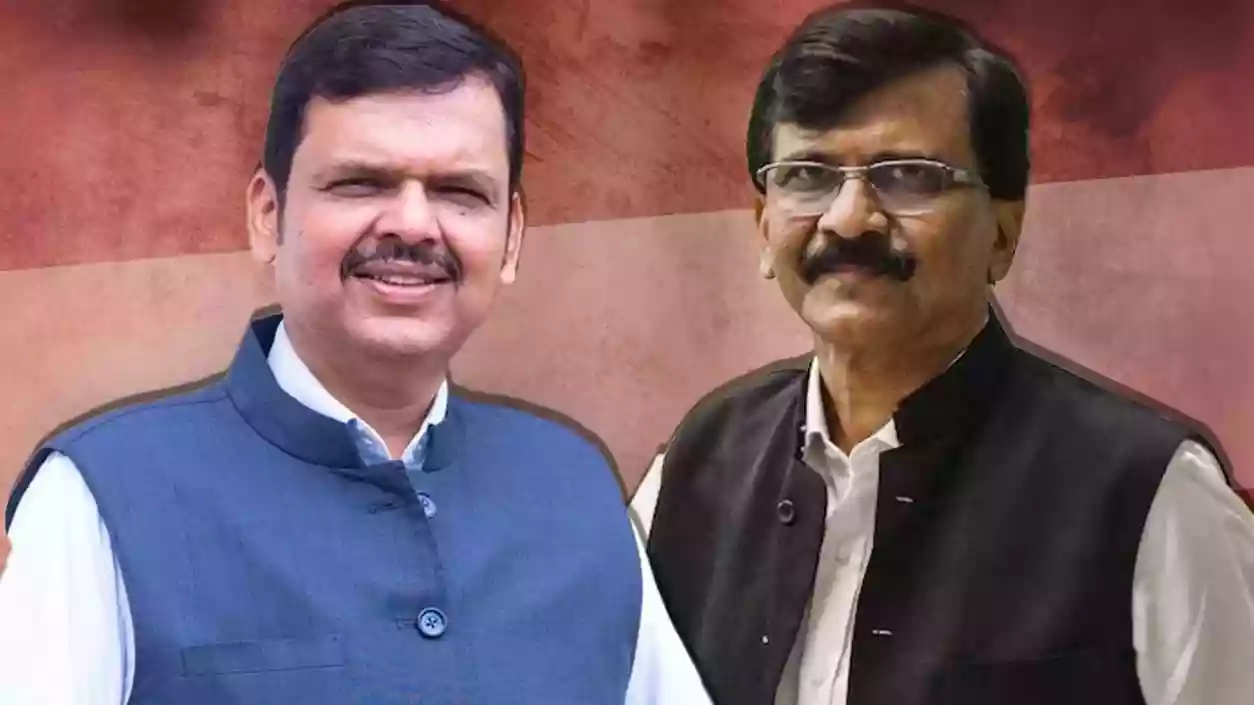Fencing work triggers altercation at Indo-Ban border in Malda
.gif)
.gif)

Shiv Sena (UBT) leader Sanjay Raut recently commended Maharashtra Chief Minister Devendra Fadnavis for his role in addressing the issues of Naxalism and promoting development in the Gadchiroli district. On Wednesday, 11 Naxalites, including high-profile individuals like Vimla Chandra Sidam alias Tarakka, who had a bounty of Rs 1 crore, surrendered before the police. The 11 individuals, which included eight women and three men, also included three division committee members, one deputy commander, and two area committee members. Each of the surrendered Naxals received a financial aid package worth Rs 86 lakh as part of the government's rehabilitation program. These surrenders were seen as a key development in the state’s efforts to address the longstanding Naxalite presence in the region.
During his visit, Fadnavis acknowledged the significance of the surrender and stated that it marked a step towards the eradication of Naxalism from Maharashtra. He emphasized the importance of the Naxalites choosing the constitutional path and aligning with the law. The surrender was accompanied by a detailed plan for the district’s future, which included industrial development and enhanced infrastructure to create employment opportunities and improve the standard of living, particularly for the tribal communities residing in the district.
Fadnavis, who also took on the role of the guardian minister for Gadchiroli, began the new year with a series of announcements for the district's development. He laid foundation stones for various projects aimed at improving local infrastructure, including roads, healthcare, and educational facilities. The Chief Minister's focus is on transforming Gadchiroli from a region long plagued by Naxalism into a thriving industrial hub. His vision is to make Gadchiroli a “Steel City” of Maharashtra, a major industrial and economic center, which will drive both local and state-wide economic growth.
The decision to assign Fadnavis as the guardian minister of Gadchiroli marked a change from the previous guardian minister, who faced allegations of inadequate action. Critics had claimed that the previous minister focused more on personal gains rather than on the region's development. Fadnavis, in contrast, has committed to addressing the region’s needs by prioritizing economic development, improved law and order, and the welfare of the tribal population.
In addition to the development initiatives, the state government’s rehabilitation plan for surrendered Naxals has been a significant part of the effort. The Naxalites who surrendered are expected to receive support for reintegration into society, including financial assistance, vocational training, and support for finding stable employment. This program is designed to provide an alternative to the violent and illegal activities associated with Naxalism, offering a lawful path to rehabilitation.
Prime Minister Narendra Modi also praised the efforts of Fadnavis, specifically in advancing development in remote and Naxal-affected areas like Gadchiroli. Modi acknowledged that the district's development would not only improve the lives of its residents but also contribute to Maharashtra's overall growth. The focus on infrastructure and industrialization is expected to foster sustainable growth, reduce Naxal influence, and create a model of peace and prosperity for other regions in the state affected by similar challenges.